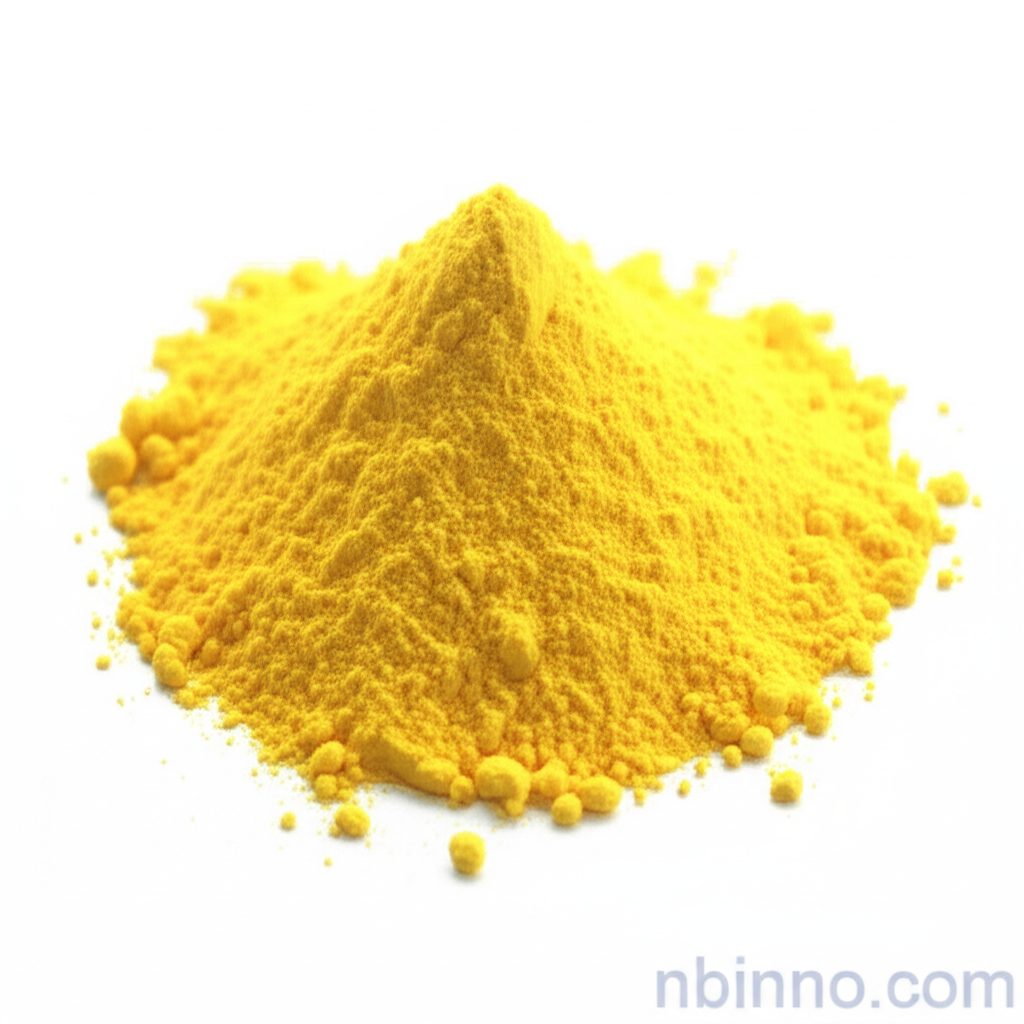Berberine Hydrochloride: A Potent Natural Solution for Cutibacterium Acnes and Inflammatory Acne
Discover the scientifically proven antibacterial and anti-inflammatory benefits of Berberine Hydrochloride in combating acne and promoting skin health.
Get a Quote & SampleProduct Core Value

Berberine Hydrochloride
Berberine Hydrochloride is a powerful alkaloid derived from various plants, renowned for its potent antimicrobial and anti-inflammatory properties. This research highlights its significant efficacy against Cutibacterium acnes (C. acnes), a primary contributor to acne inflammation. The compound works by disrupting bacterial cell wall and membrane integrity, leading to growth inhibition and potential cell death.
- Leveraging the Berberine antibacterial activity against Cutibacterium acnes, this research showcases its potential as a targeted treatment for acne.
- The Berberine hydrochloride inflammatory acne treatment capabilities are demonstrated through in vitro and in vivo studies, indicating a promising therapeutic avenue.
- The study details the Berberine effect on C. acnes cell wall integrity, revealing the compound's mechanism of action in damaging bacterial structures.
- In vivo experiments confirmed the Berberine anti-inflammatory acne mice efficacy, reducing bacterial colonization and inflammatory markers.
- Understanding the Berberine mechanism against acne bacteria offers insights into developing novel and effective acne therapies.
Key Advantages
Targeted Bacterial Inhibition
Berberine Hydrochloride exhibits significant antibacterial activity specifically against Cutibacterium acnes, addressing a root cause of inflammatory acne.
Mechanism of Action
It disrupts the bacterial cell wall and membrane, showcasing a direct mechanism to combat C. acnes proliferation, which is a key aspect of its efficacy.
In Vivo Efficacy
Demonstrated to effectively reduce C. acnes colonization and alleviate inflammatory responses in animal models, validating its therapeutic potential.
Key Applications
Dermatology
As a potent agent against C. acnes, it shows significant promise in the development of topical or oral treatments for inflammatory acne conditions.
Cosmeceuticals
Its natural origin and demonstrated benefits make it an attractive ingredient for advanced skincare formulations targeting acne and inflammation.
Pharmaceutical Development
Serves as a valuable intermediate or active ingredient for new drug development aimed at combating bacterial infections and inflammatory diseases.
Skin Health Research
The compound's ability to modulate the skin microbiome and reduce inflammation makes it a subject of interest for further research into skin health.
